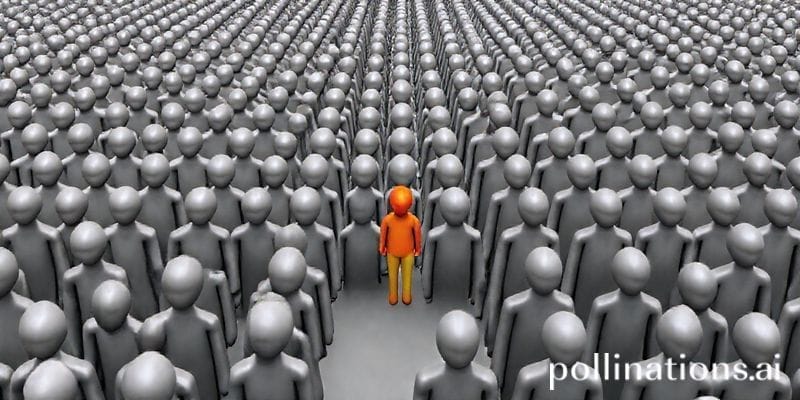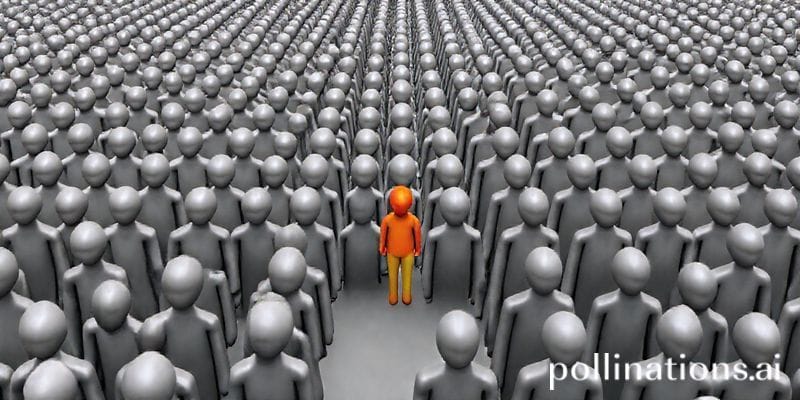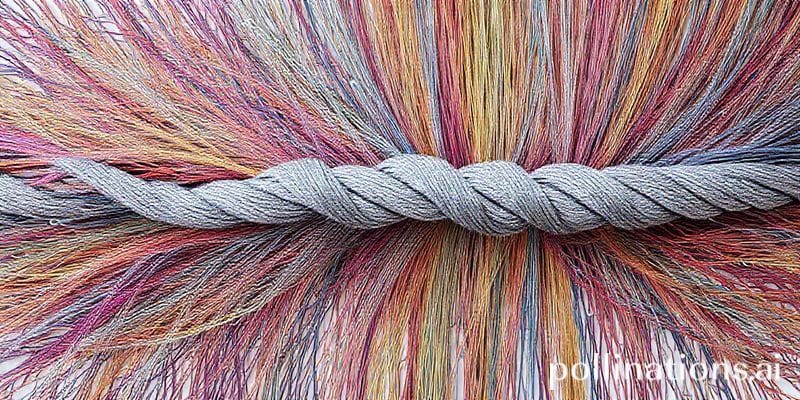Is AI Making Us All Start Fading into the Average?

It feels like generative AI is everywhere you look, doesn't it? These tools are popping up and helping us with everything from writing emails to creating amazing images. But as this technology spreads, a big question is starting to bubble up:
Are we all starting to sound... the same?
AI learns by studying massive amounts of human-created content and then makes new things based on what it sees as the "average." This has some people worried that our creative world might lose its unique sparkle and just become a bit... bland. It's a valid concern.

The Pull Toward Sameness
So, is there any truth to this idea of creative "sameness"?
Unfortunately, yes, and we can measure it.
Research has shown that while AI can help one person come up with more creative ideas, the overall output from a group of people using AI tends to become more similar. One study even found that stories written with AI help were consistently more alike than those written just by humans.
There are a couple of reasons for this. AI models are trained on the internet, so they naturally pick up on the most common patterns and styles. This can unintentionally push minority cultures and unique voices to the side. A UNESCO analysis pointed out how algorithms in the film industry can limit the stories people discover, making it harder for diverse voices to be heard. We're also starting to see the economic impact. Research from the Brookings Institution found that after ChatGPT was released, freelance writers saw a 2% drop in contracts and a 5% dip in earnings.

But We've Got a Secret Weapon: The Human Spark
But it's not the full story. Even with this strong pull toward sameness, we have a powerful force pushing back: our own human desire to create. This drive isn't based on an algorithm; it's part of who we are.
This might be the light at the end of the tunnel.
It’s called intrinsic motivation—that feeling of creating something just for the joy of it. The act of making something new is its own reward. It's why so many people have hobbies they love. In fact, surveys show that a whopping 77% of content creators are motivated by passion, not money. Our brains are literally built for this. Recent research from 2024 has pinpointed a specific network in our brains, the Default Mode Network, as the wellspring of our creative ideas—a uniquely human trait.
Human creativity is messy, emotional, and deeply tied to our lives. An AI can't replicate an idea that came from overcoming a huge personal challenge. It can't truly understand a unique cultural perspective or feel the emotional weight of a personal story. Often, our biggest breakthroughs come from our limitations. Our struggles can become the very source of our most brilliant ideas. One review of 145 studies found that constraints actually boost creativity rather than holding it back.
Think of AI as a Creative Partner, Not a Creative Tyrant
Here's the exciting part: AI is also a great equalizer. The truth is, AI is also handing creative power to people in ways we've never seen before. It gives incredible tools to people who have brilliant ideas but might not have the technical skills to bring them to life.
Imagine an entrepreneur with a game-changing app idea but no coding knowledge. AI can help them build a prototype. Think of an author who can perfectly picture their characters but can't draw. AI can create those images for them. Tools that once took years of specialized training to master are now available to anyone with a vision.
On top of that, AI can take over the boring, repetitive tasks. This frees up human creators to spend more time on what really matters: brainstorming big ideas, thinking strategically, and adding that irreplaceable human touch. This is already happening in the creator economy, which is now a booming industry worth over $100 billion with 50 million creators around the world.
A New Creative Age?
If you look back through history, you'll see that new technology always shakes things up. The printing press didn't kill writing; it democratized knowledge and helped kickstart the Renaissance. Photography didn't end painting; it freed painters from having to perfectly capture reality, which led to incredible new movements like Impressionism. Every new invention changes the creative landscape, getting rid of some jobs but always creating new ones.
The future isn't set in stone—we're at a crossroads, and the choices we make now will shape what comes next. But the evidence points toward a massive creative transformation, not a creative apocalypse.
We're already seeing new types of creative jobs emerge, like AI prompt engineers and virtual influencer designers. The most valuable skills are shifting away from pure technical ability toward creative strategy and critical thinking. Research from the World Economic Forum shows that 83% of employees believe AI will actually make human skills even more important.
The key is to see AI as a partner, not an opponent. We can work to build AI systems with more diverse data so they can reflect the rich tapestry of our world's cultures. In a sea of AI-generated content, truly human work—with all its authenticity, emotion, and personal stories—will stand out more than ever.
That pull toward the average is real, but it's also a challenge. It's a call to action for all of us to lean into what makes us unique and to let our own human spark shine brighter than ever.
